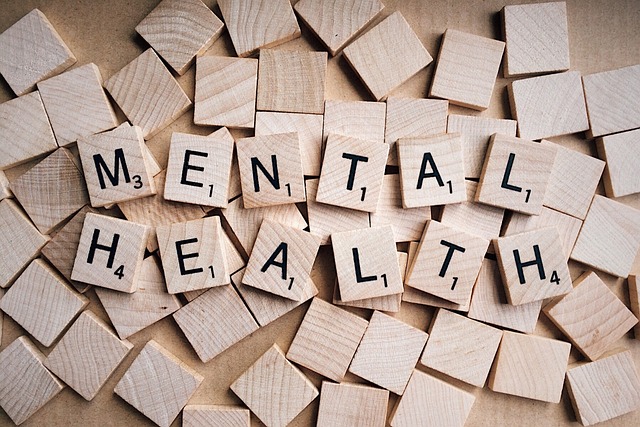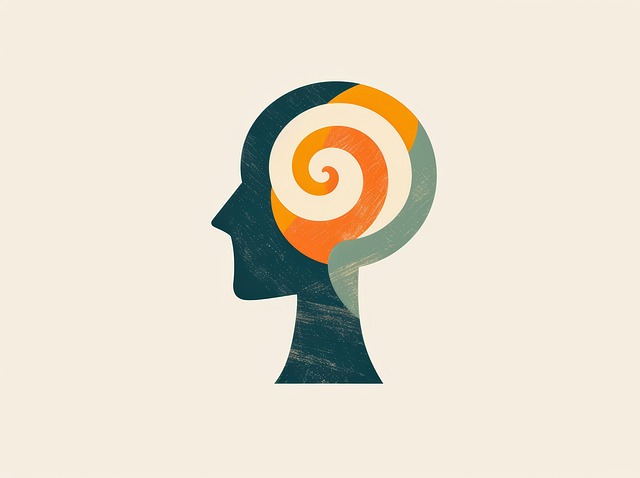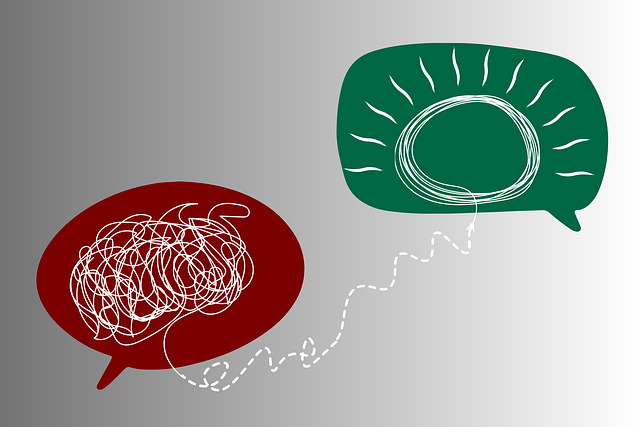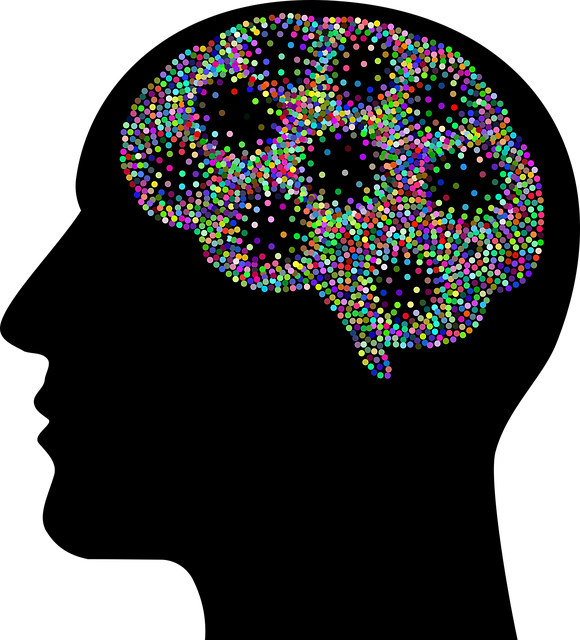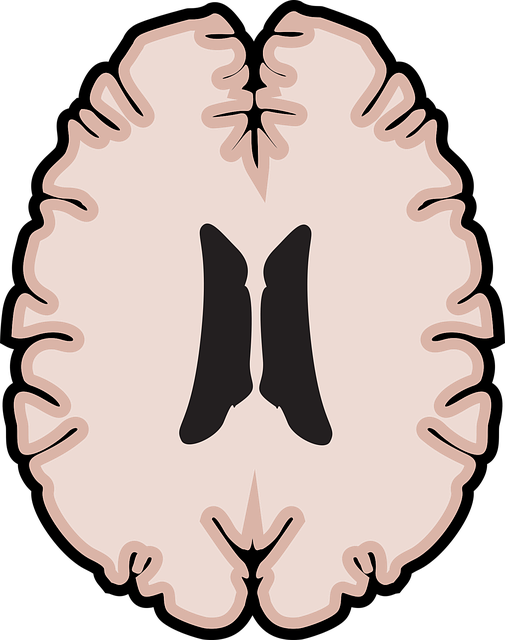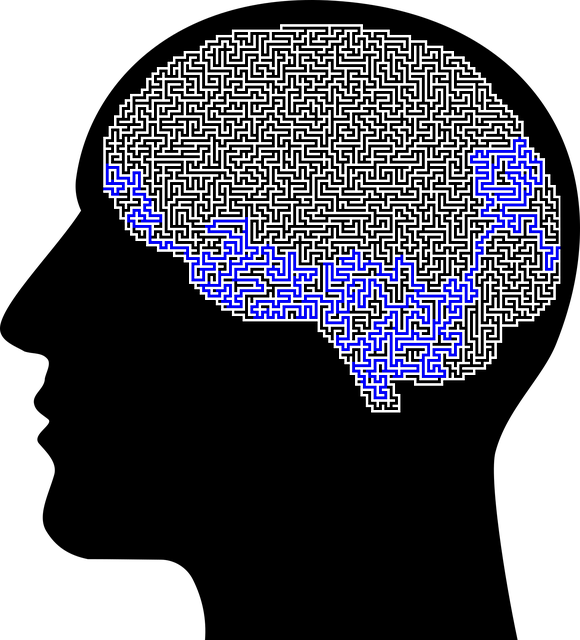Emotional Intelligence (EQ) is a key driver of personal growth and well-being, encompassing self-awareness, emotional management, and empathy. Developing EQ enhances mental health, stress management, and relationship building. Superior Self-Esteem Therapy, a critical component of EQ, boosts self-worth, confidence, and resilience, enabling individuals to challenge negative thoughts and reframe failures as opportunities for growth. This therapy, combined with Mental Wellness Coaching Programs and emotional well-being promotion techniques, offers a holistic approach to lasting personal development. Integrating Superior Self-Esteem Therapy into one's journey fosters better emotional awareness, understanding, and management, leading to improved mental wellness and healthier relationships in both personal and professional contexts.
Emotional intelligence (EI) is a powerful tool for personal and professional growth, enabling individuals to understand and manage their emotions effectively. This article delves into the multifaceted world of EI, exploring its numerous benefits and dissecting its core components. We uncover the profound impact of self-esteem on EI development, offering practical strategies to enhance emotional intelligence. Furthermore, we introduce superior self-esteem therapy as a transformative approach to fostering better emotional awareness and overall well-being.
- Understanding Emotional Intelligence and Its Benefits
- The Role of Self-Esteem in Emotional Intelligence Development
- Strategies for Building Superior Emotional Intelligence
- Integrating Self-Esteem Therapy into Your Journey Towards Better Emotional Awareness
Understanding Emotional Intelligence and Its Benefits

Emotional intelligence (EQ) is a powerful tool for personal growth and overall well-being. It involves recognizing, understanding, and managing one’s own emotions, as well as empathizing with others. This ability to navigate complex social interactions with awareness and sensitivity has far-reaching benefits, enhancing both professional and personal relationships.
Developing emotional intelligence can lead to improved mental health awareness, enabling individuals to better handle stress, regulate their emotions, and foster healthier connections. It encourages empathy building strategies, allowing people to understand and respond to the feelings of those around them. This enhanced self-awareness and interpersonal skill set is a game-changer, promoting positive communication, conflict resolution, and overall personal development. Moreover, superior self-esteem therapy, a key aspect of EQ, can empower individuals to embrace their emotions, leading to increased confidence and a more fulfilling life.
The Role of Self-Esteem in Emotional Intelligence Development

Building emotional intelligence involves nurturing a strong foundation of self-esteem, which acts as a cornerstone for healthy interpersonal interactions. Individuals with superior self-esteem possess a profound sense of self-worth and confidence, enabling them to navigate relationships more effectively. This positive self-perception facilitates emotional awareness, allowing individuals to recognize and manage their emotions constructively. By prioritizing mental health awareness and trauma support services, people can address underlying issues that may hinder self-esteem development, fostering more robust emotional healing processes.
Superior self-esteem therapy plays a pivotal role in cultivating emotional intelligence by providing tools and techniques to challenge negative thought patterns and beliefs. Through targeted interventions, individuals learn to reframe failures as opportunities for growth, boosting their resilience and confidence. This, in turn, strengthens their ability to connect with others on an emotional level, fostering deeper understanding and empathy within relationships. By integrating effective trauma support services into the emotional healing processes, individuals can build a resilient foundation that promotes genuine and meaningful connections.
Strategies for Building Superior Emotional Intelligence

Building superior emotional intelligence involves a multifaceted approach that goes beyond mere self-awareness. One powerful strategy is to engage in Superior Self-Esteem Therapy. This form of therapy helps individuals cultivate a positive and realistic view of themselves, fostering resilience and emotional regulation. Through techniques like cognitive reframing and mindfulness exercises, individuals learn to manage their emotions effectively, leading to improved relationships and overall mental wellness.
Integrating Mental Wellness Coaching Programs is another effective way to enhance emotional intelligence. Coaches provide tailored guidance and support, helping clients identify and overcome emotional barriers. By focusing on Emotional Well-being Promotion Techniques, such as journaling, meditation, and social connection building, individuals can develop a deeper understanding of their emotions and learn to respond to challenges with grace and composure. This holistic approach ensures that emotional intelligence is not just understood but also deeply internalized, leading to lasting personal growth.
Integrating Self-Esteem Therapy into Your Journey Towards Better Emotional Awareness

Integrating Self-Esteem Therapy into your emotional intelligence development journey is a powerful step forward. This therapeutic approach focuses on cultivating and enhancing self-esteem, which forms the foundation for better emotional awareness. By addressing underlying beliefs and insecurities, individuals can gain a deeper understanding of their emotions and how they impact their thoughts and behaviors. Superior Self-Esteem Therapy goes beyond mere confidence-building; it empowers individuals to develop resilience, fostering a positive mindset that translates into improved mental wellness.
In today’s fast-paced world, healthcare providers often face significant stress and potential burnout (burnout prevention strategies for healthcare providers). Incorporating self-esteem therapy as part of their personal growth can enhance their cultural competency training and overall well-being. This practice enables professionals to better serve others by cultivating a deeper sense of self-care and emotional intelligence, which is essential in maintaining healthy relationships with patients and colleagues alike.
Emotional intelligence is a powerful tool for personal growth and successful relationships. By understanding its benefits, recognizing the role of self-esteem in development, and employing effective strategies, individuals can embark on a journey towards superior emotional awareness. Integrating self-esteem therapy into this process offers a comprehensive approach to building emotional intelligence, fostering a more balanced and fulfilling life. Remember that consistent practice and self-reflection are key to unlocking the full potential of emotional intelligence.
